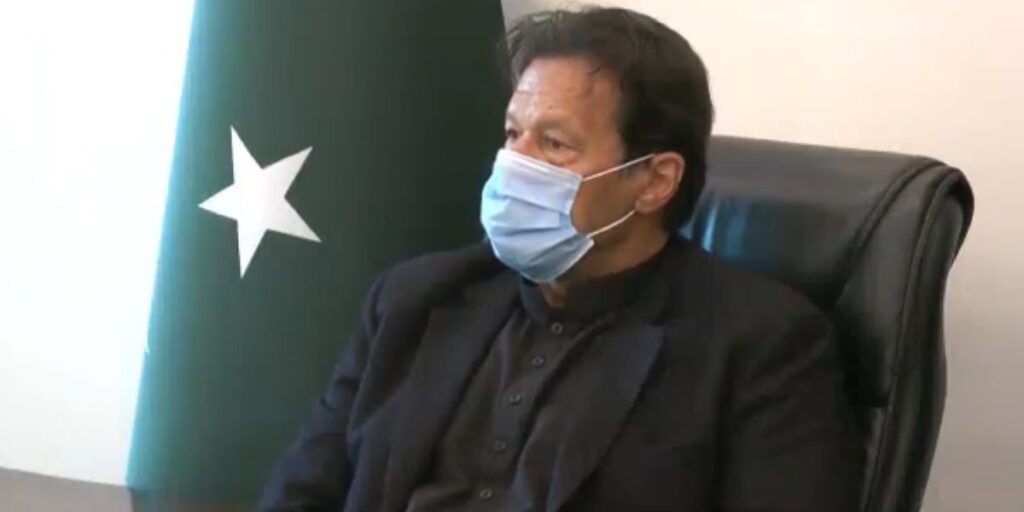CPEC: PM Imran Khan reviews Chinese nationals’ security at high-level meeting

Islamabad: Prime Minister Imran Khan has reviewed various steps that have been put in place to ensure fool-proof security of the foreigners especially Chinese nationals working on the China-Pakistan Economic Corridor (CPEC) and non-CPEC projects in the country.
The Prime Minister chaired the apex committee meeting of the National Action Plan (NAP), where he emphasised the need for enhanced coordination and effective measures to achieve various short, medium and long-term targets.
The high-level huddle reviewed internal situation especially some recent incidents involving law and order. It was resolved that all measures would be taken to ensure internal security and miscreants would be dealt with the full force of the law, it added.
The meeting, attended by Chief of Army Staff (COAS) General Qamar Javed Bajwa, Director General Inter-Services Intelligence (ISI) Lt. General Faiz Hameed, National Security Adviser Moeed Yusuf and various other high-ranking officials, vowed to protect the CPEC projects under all circumstances.
The meeting came after a few attacks on the Chinese nationals working on CPEC or non-CPEC projects in various parts of Pakistan. Several Chinese nationals and Pakistanis died in the attacks leading to action by the government in consultation with the Chinese government. China urged the Pakistani government to ensure safety of its nationals who were working days and nights for the completion of the CPEC projects.
Speaking during the meeting, Prime Minister Khan said that the nation had paid a huge price in fighting the menace of terrorism. He paid glowing tributes to the armed forces, police, intelligence agencies and other law-enforcement agencies for their invaluable contributions and sacrifices towards ensuring internal security.
The meeting reviewed the progress made so far on various components of NAP and took into account the latest developments especially the situation in neighbouring Afghanistan and its possible implications for the country.
An official statement said the apex committee reviewed short-term, medium and long-term targets of the revised NAP and deliberated upon the role and responsibilities of all stakeholders including federation, provinces and law-enforcement agencies. It was decided that tangible key performance indicators would be set for each target with delineated timelines.
It was decided to fast track implementation of various measures to meet emergent security challenges including cyber security, espionage, judicial and civil reforms, capacity building of law-enforcement agencies, counter violent extremism and other issues having a direct bearing on national security.
In order to ensure timely, correct and smooth flow of information about internal security issues, the statement said, it was decided to set up a National Crisis Information Management Cell with ministries of interior and information as lead bodies.
A day earlier, the National Command Authority (NCA) had reviewed evolving conflict dynamics in the region and noted with concern the destabilising massive arms build-up in the conventional and strategic domains.
The NCA had met at the Strategic Plans Division, with PM Khan in the chair. The meeting was attended by foreign, defence, finance and interior ministers, joint chiefs of the staff committee chairman, chiefs of army, navy and air force and the ISI chief.





